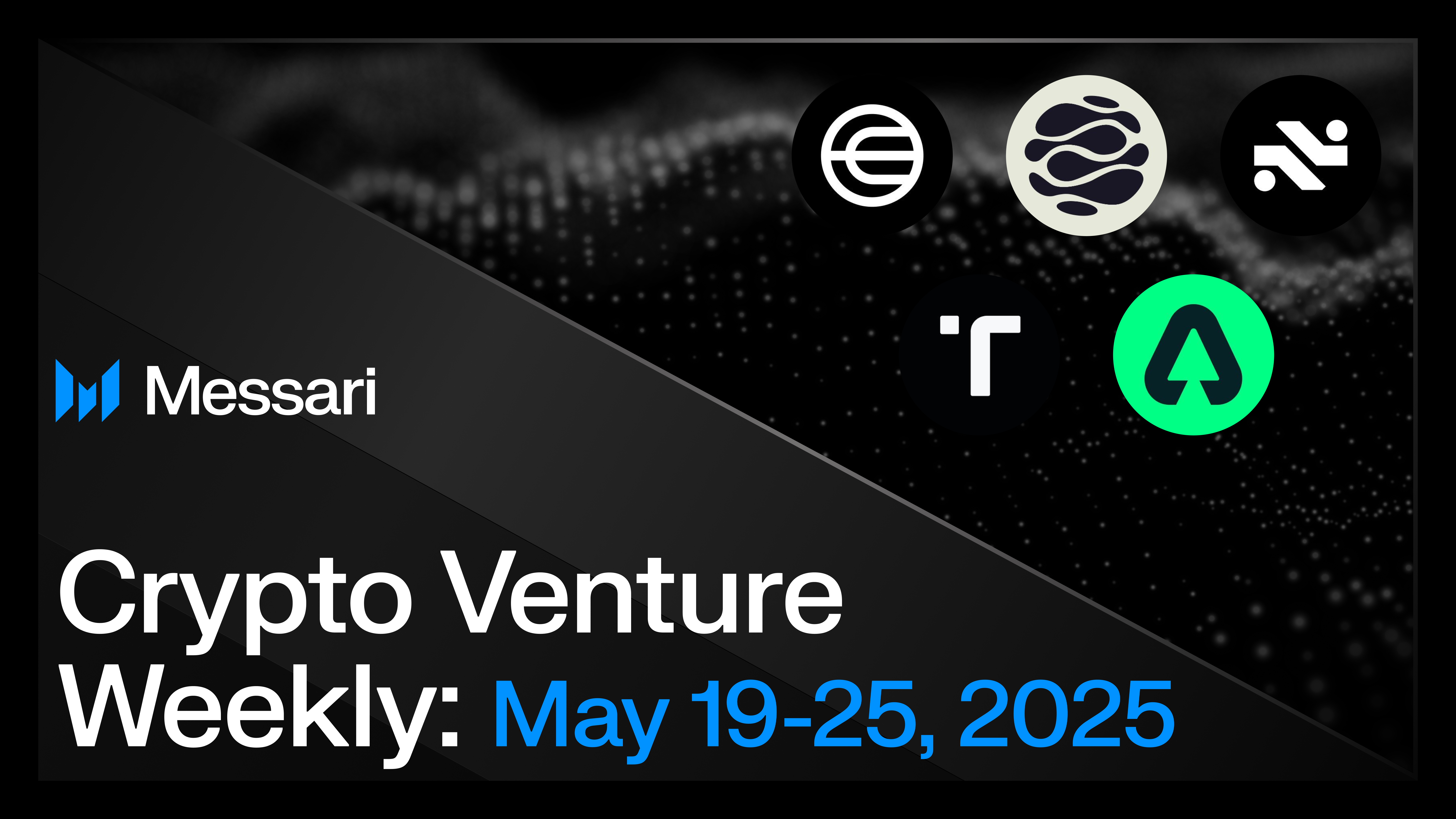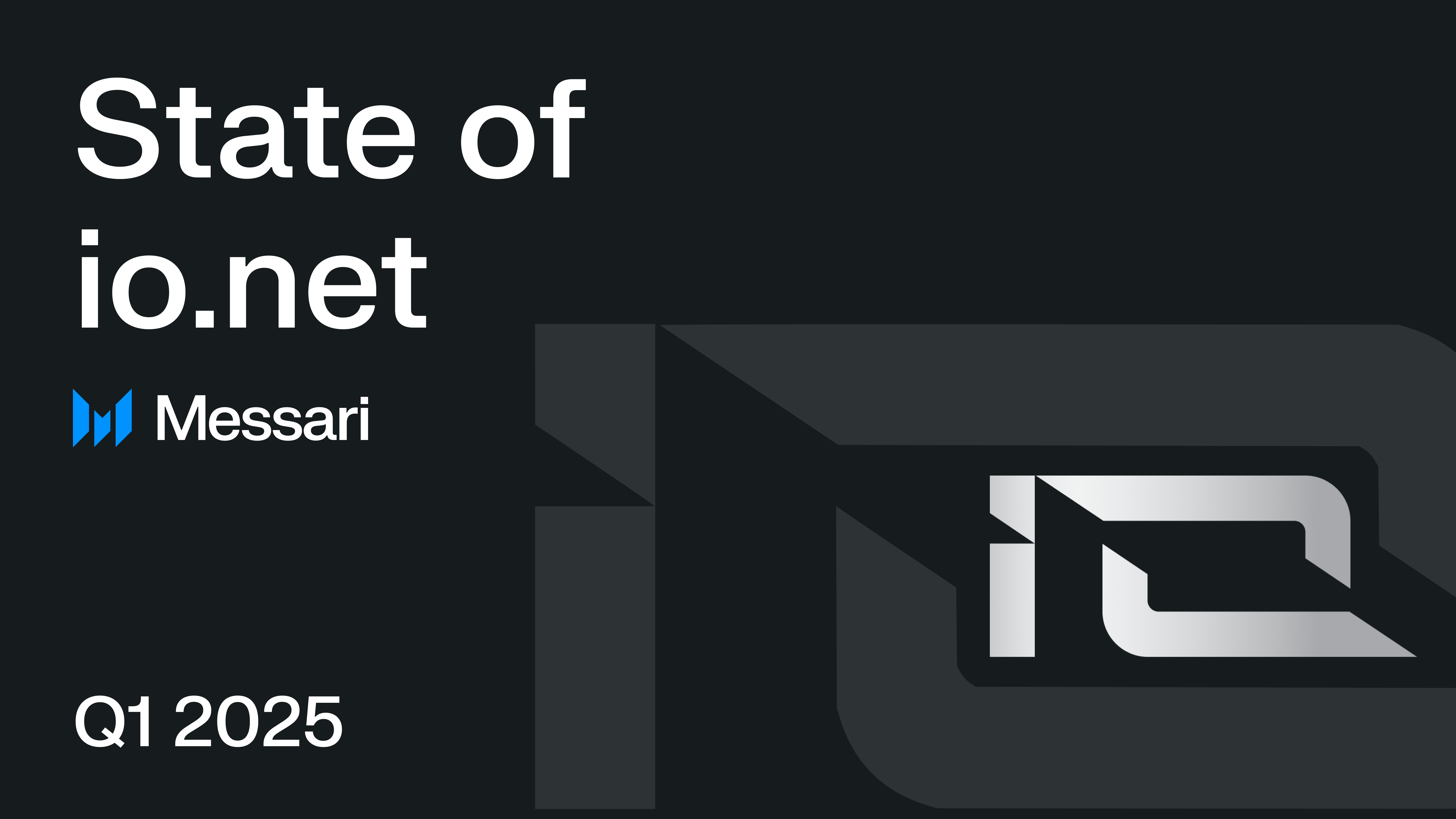New Jersey Devils Launch AI Chatbot 'Bott Stevens' for Enhanced Fan Engagement

The New Jersey Devils have introduced a groundbreaking AI chatbot named “Bott Stevens,” aimed at enhancing digital fan engagement. This innovative chatbot is named after the legendary Devils player Scott Stevens and is powered by Theta EdgeCloud’s decentralized AI infrastructure. Scheduled to launch during the 2024-25 NHL season, Bott Stevens will be accessible on the team’s official website, providing fans with real-time information on game schedules, ticket sales, statistics, and merchandise. Utilizing Theta’s Retrieval Augmented Generation technology, the chatbot will ensure data accuracy by sourcing information from official NHL channels, thereby minimizing the risk of misinformation from unverified sources.
Bott Stevens boasts impressive computational capabilities, leveraging Theta EdgeCloud’s network of over 30,000 edge nodes and distributed GPUs, which collectively offer more than 80 PetaFLOPS of processing power. This robust infrastructure is designed to handle peak demand, particularly during high-stakes events like playoffs or significant team announcements. In addition to answering fan inquiries, the chatbot will provide historical highlights, game recaps, venue information, and updates on team events. Future enhancements may include predictive analytics for fantasy sports and interactive tools to further engage fans.
To promote Bott Stevens, the Devils plan to integrate its capabilities across multiple platforms, encouraging fan interaction and awareness. The chatbot will not only deliver statistics and schedules but also curated content that enriches the fan experience, such as historical highlights and information about upcoming events. Success metrics will include user engagement rates, accuracy of information, and feedback from fans, ensuring that Bott Stevens remains a valuable resource for the Devils’ community. By focusing on continuous learning and personalized interactions, the team aims to differentiate Bott Stevens from other AI agents, creating a unique and engaging experience for fans.
Related News





